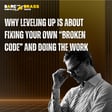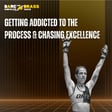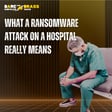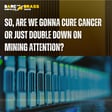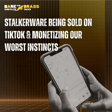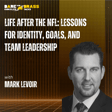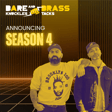
Winning Cyber Practitioners’ Trust, Standing Out in the Job Market, and Innovation with Chas Larios!
This week, Chas Larios of Anvilogic joins the show to about her approach to winning practitioners' trust through respect for their time and attention.
George K and George A talk to Chas about:
🚀 Building brands on principles and the importance of giving back to the cyber community
🧠 How her technical Infosec background informs her marketing
😳 How she hires, and why resumes are the LAST thing she looks at
🎙️ Changes in the market and favorite bands, as turns the table and interviews the Georges!
This episode is full of insights for founders, CEOs, vendors, and sellers. Sharpen those pencils and get out your notebooks, school’s in session!
This month: All profits from Pride shirt sales will be donated to LGBTQ organizations!
Shop today: www.bkbtpodcast.shop
—————————
Support the show!
✅ Subscribe and share your fave episode on LinkedIn
⭐️ Leave us a rating
☕️ Make a donation or sustaining contribution: https://ko-fi.com/bareknucklesbrasstacks


